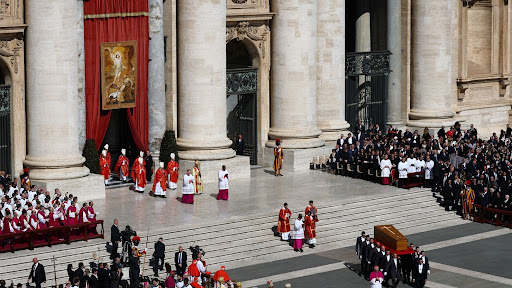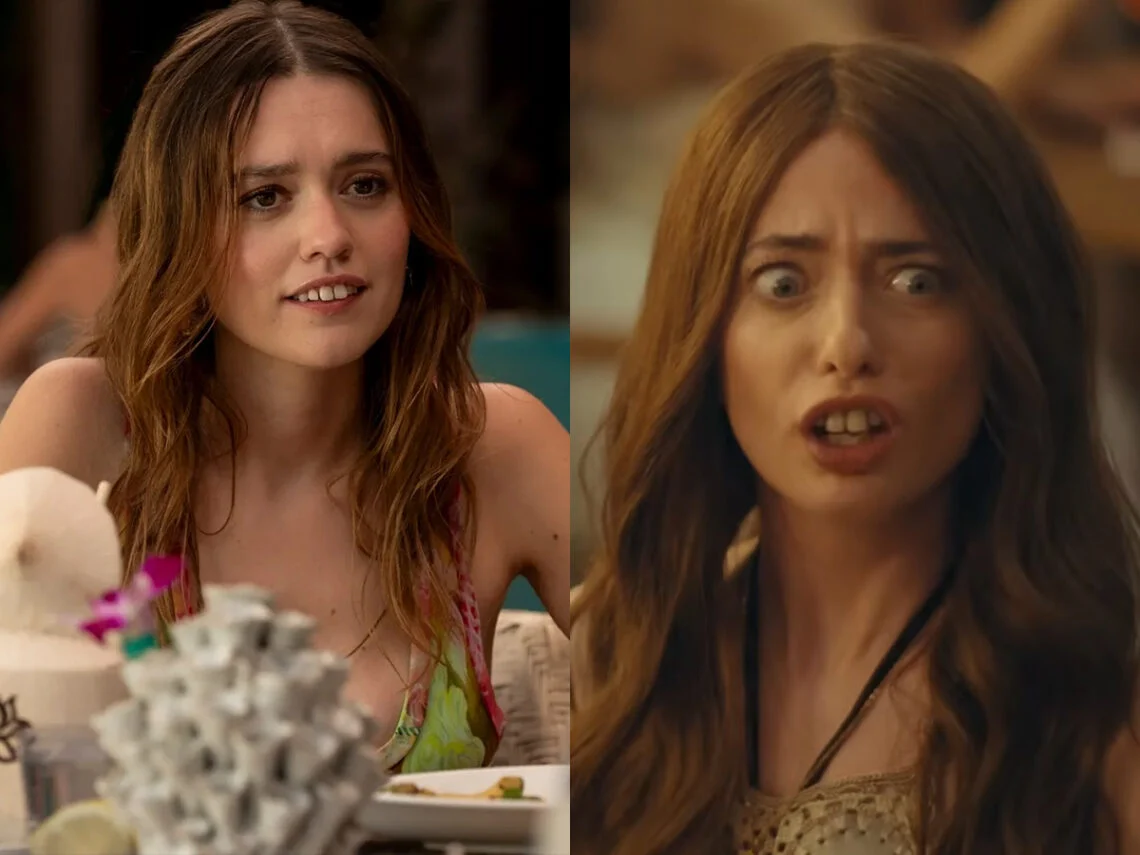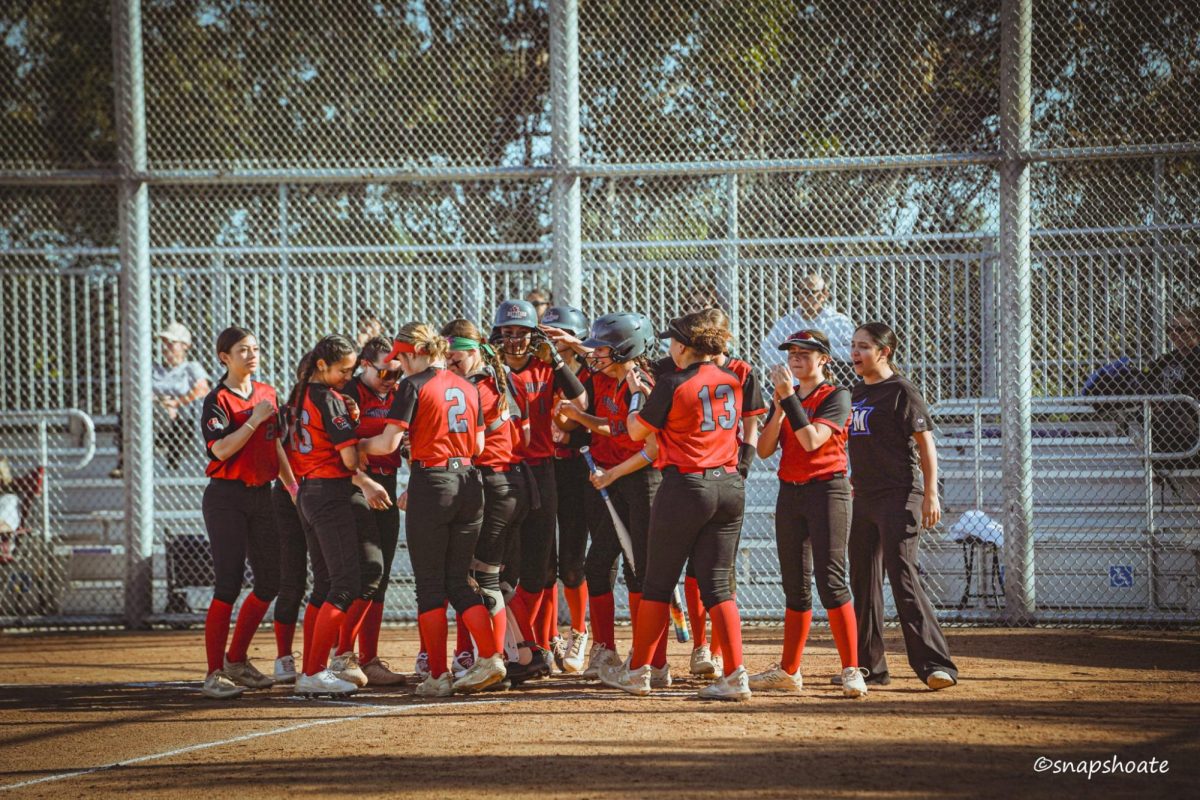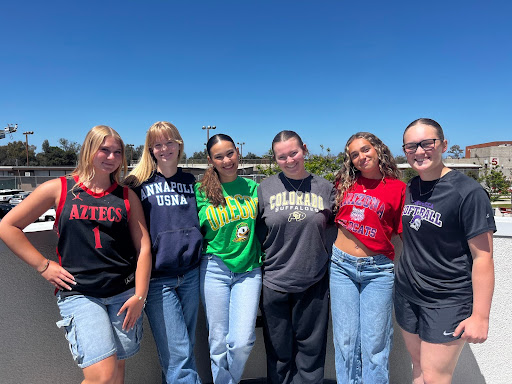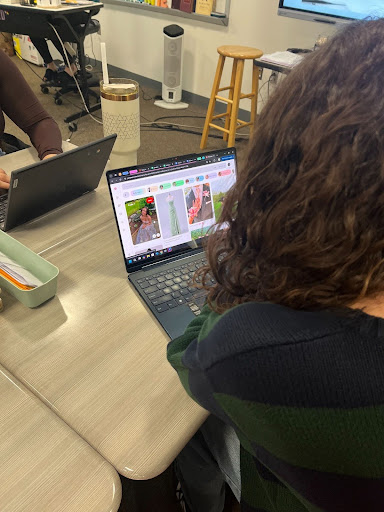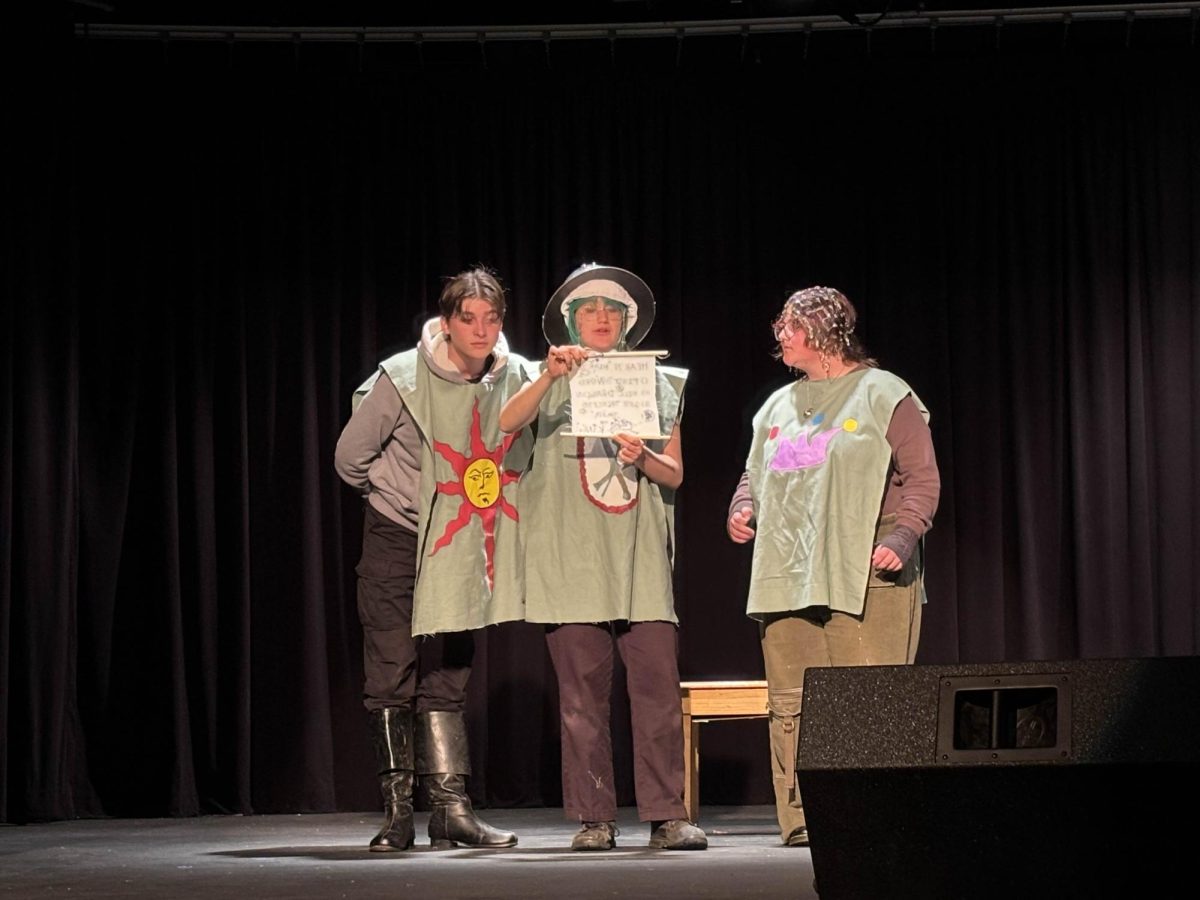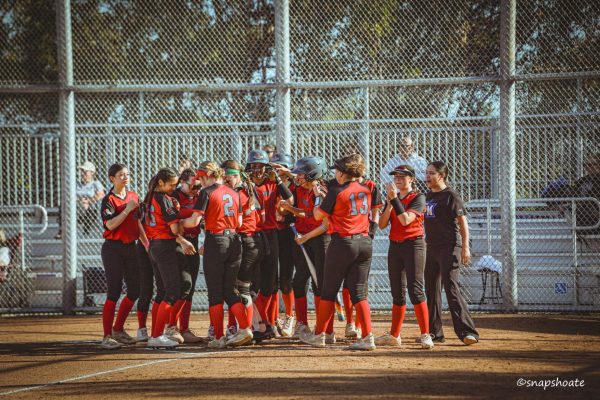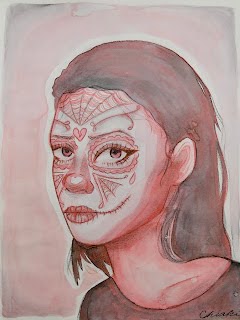Representation or Artificial Diversity?
The first non-white princess was Princess Jasmine in Aladdin, and she was middle eastern (there’s a lot of debate about what her ethnicity is.) But for a while before that, all the princesses and main antagonists were white. So it probably meant a lot to people of color to finally see a disney princess that looked like them or shared their culture. I think that overall, very seldom do non-white people lead in movies, shows, games, etc.
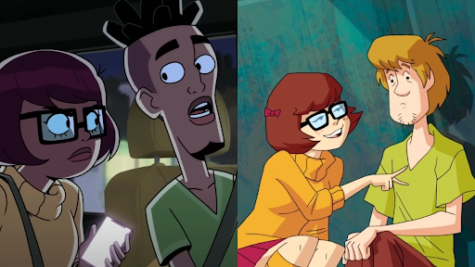
That’s not to say that representation is nonexistent for non-white communities, again, it was just very rare for a while in American entertainment. Recently, though, shows and games have featured more diverse characters. For example, a lot of the playable heroes on games like Overwatch and Apex Legends are gay and have a variety of ethnicities. Recent movies made by Diney and Pixar feature racially diverse characters. The list goes on.
I love to see a diverse lineup of characters and fictional role models in modern media, but one thing that receives push back from others is making white characters non-white and vice versa. For example, the recent Scooby Doo spin off Velma starring Mindy Kaling features original characters such as Daphne, Fred, and of course Velma. Something is different now, though, Velma is now an Indian American and Daphne is an Asian American. Many saw this as lazy and unnecessary.
“It does feel a little lazy to make them certain races and then not explore at all the way that impacts who they are as people” Cyrena Touros of POP CULTURE HAPPY HOUR by NPR says. (Jinkies! ‘Velma’ needs to get a clue)
While I haven’t personally watched the show, nor do I intend to, when I saw the promotional video I was immediately put off by the change of character design. Senior Betty Desta has watched the show and enjoyed it, but criticizes it’s seemingly unnecessary race change among classic characters.
“While I enjoyed the show’s comedic material, Velma being Indian felt a little too forced to me. It’s as if her whole personality now revolves around her cultural background.” Desta says, “Not only is it forced, but a lot of the jokes are centered around the ethnicity of whatever character is speaking.”
I don’t understand why they wouldn’t have just made new characters for the spin-off. Seeing as there’s no longer the classic talking dog we all know and love in the series, it’d make more sense to just create a new cast to add on to the existing characters.
Things like this aren’t common among modern media, Velma is one of the only examples of a show that completely changes the characters in an already existing series. To each their own, though, the show doesn’t outright offend anyone and by featuring more diverse characters it enforces show and directors to include more variety in their characters.
Your donation will support the student journalists of Canyon Hills High School. Your contribution will allow us to purchase equipment and cover our annual website hosting costs.

